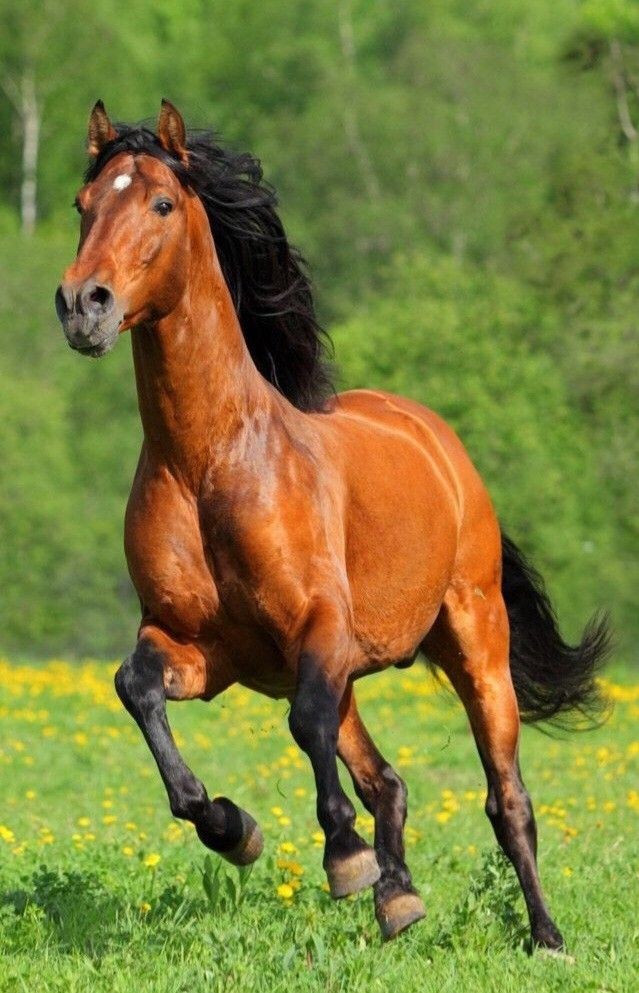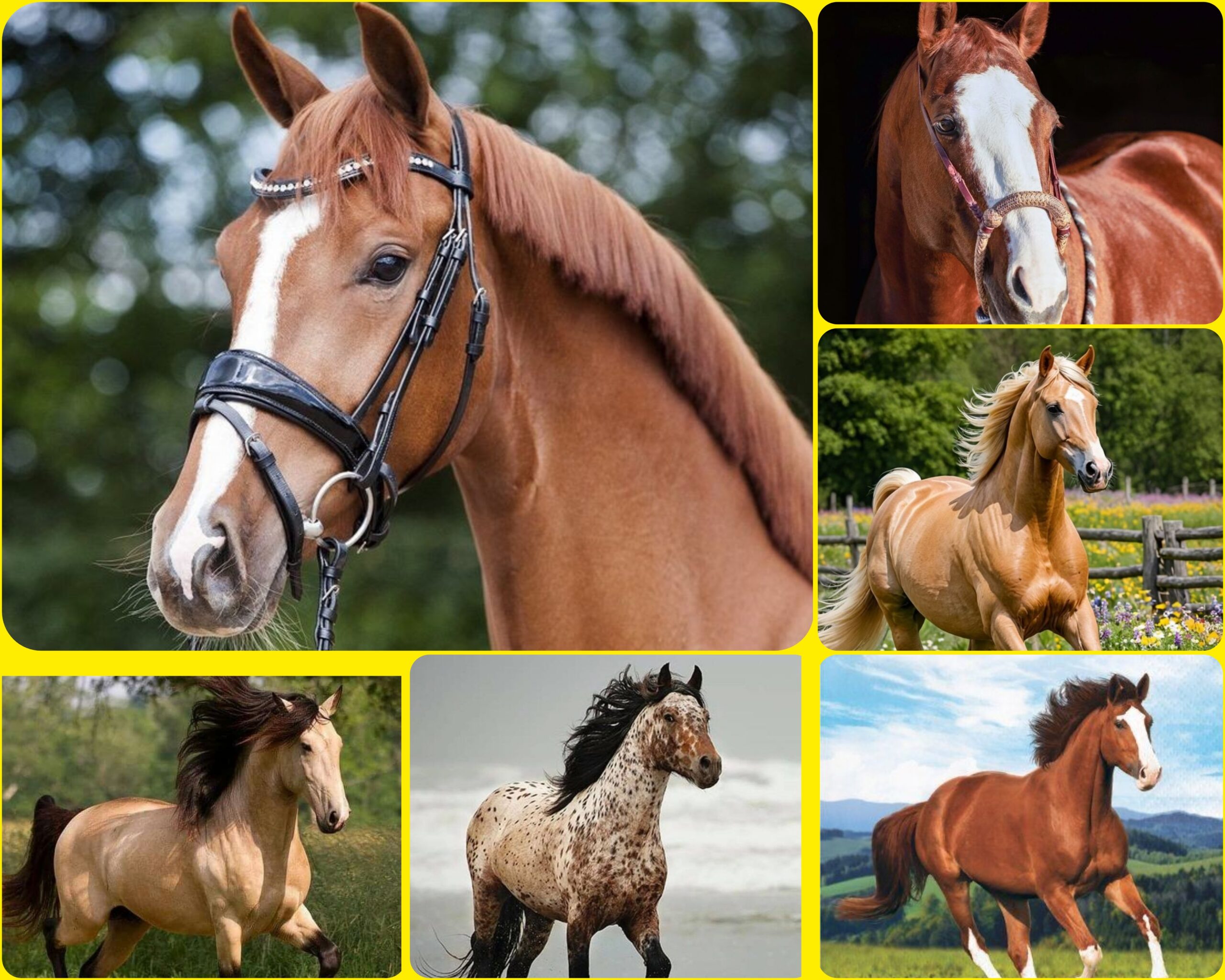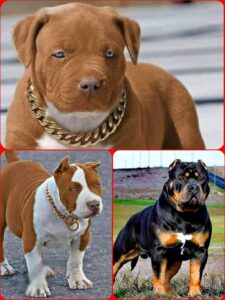Horses are majestic and intelligent animals that have been companions to humans for thousands of years. Whether you’re a new horse owner or an experienced equestrian, understanding the basics of horse care and training is essential for maintaining their health and building a strong bond. This article will cover key aspects of horse care and training, providing valuable insights for horse enthusiasts.
Horse Care Essentials
1. Nutrition
Proper nutrition is fundamental to a horse’s health. Horses are grazing animals and require a diet primarily composed of forage, such as hay or pasture grass. The key components of a horse’s diet include:
- Forage: Provides essential fiber and nutrients.
- Concentrates: Grains and pellets that provide additional energy, particularly for working horses.
- Supplements: Vitamins and minerals to ensure a balanced diet. Ensure that your horse has constant access to clean, fresh water. A healthy horse drinks between 5 to 10 gallons of water per day.
- 2. Shelter
Horses need protection from extreme weather conditions. A well-ventilated, clean, and dry stable is ideal. Ensure the stable has adequate space for the horse to move comfortably. Regular cleaning is crucial to prevent respiratory issues and hoof problems. - 3. Grooming
Grooming is an essential part of horse care. Regular brushing helps remove dirt, prevent skin problems, and improve circulation. Key grooming tools include: - Curry Comb: To loosen dirt and stimulate the skin.
- Body Brush: To remove dirt and smooth the coat.
- Hoof Pick: To clean the hooves and prevent infections.
- 4. Veterinary Care
Regular veterinary check-ups are vital to monitor your horse’s health. Vaccinations, dental care, and deworming are essential preventive measures. Always be vigilant for signs of illness or injury, such as changes in appetite, behavior, or movement. - Training Horses Training a horse requires patience, consistency, and a deep understanding of equine behavior. Here are some fundamental training techniques:
- 1. Groundwork
Groundwork lays the foundation for all future training. It includes leading, haltering, and teaching the horse to respond to basic commands. Effective groundwork helps establish trust and respect between you and your horses. - 2. Desensitization
Desensitization involves exposing the horse to various stimuli in a controlled manner to reduce fear and build confidence. This can include introducing the horse to different sounds, objects, and environments. - 3. Positive Reinforcement
Rewarding desired behaviors with treats, praise, or scratches encourages the horse to repeat those behaviors. Positive reinforcement creates a positive association with training sessions. - 4. Riding Training
When starting riding training, ensure the horse is comfortable with the saddle and bridle. Begin with basic commands, such as walk, trot, and halt. Gradually introduce more advanced maneuvers as the horse becomes more confident and responsive. - 5. Consistency and Patience
Consistency in commands, cues, and routines is crucial for effective training. Horses respond best to clear, consistent communication. Patience is key; progress may be slow, but steady, gentle training will yield the best results. Conclusion 
- Caring for and training horses requires dedication and a genuine love for these magnificent animals. By providing proper nutrition, shelter, grooming, and veterinary care, you ensure your horse’s well-being. Consistent, patient training builds a strong bond and enhances the horse’s abilities. Whether for leisure, sport, or companionship, a well-cared-for and well-trained horse is a joy to be around.





